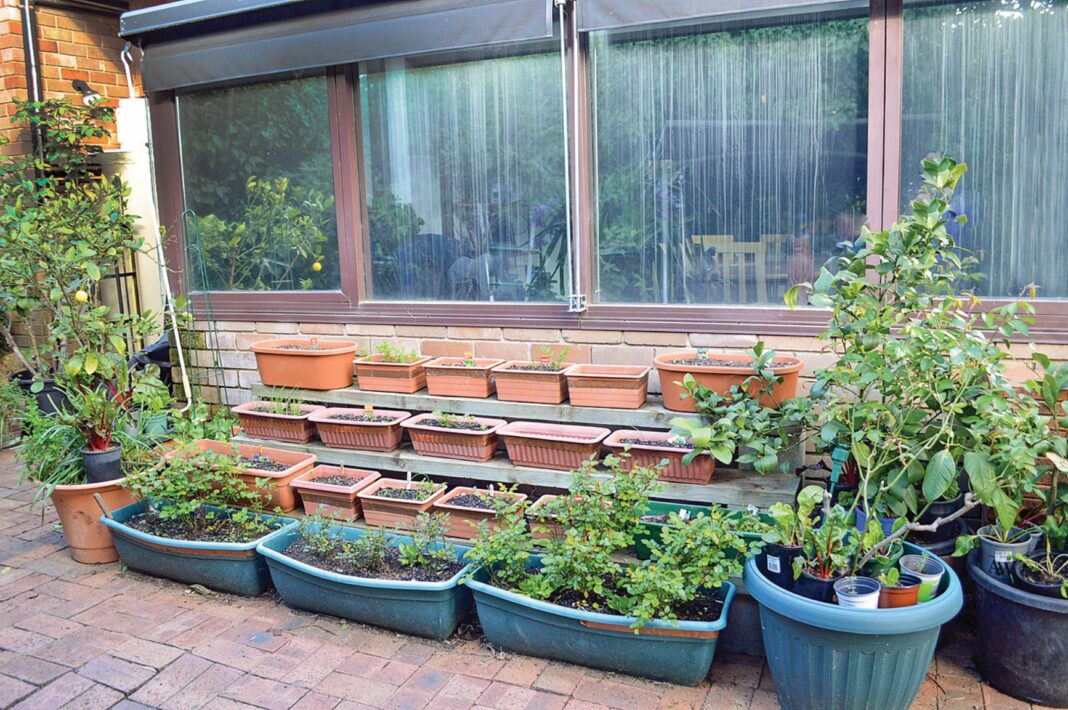We are already into the final week of July, and with spring just around the corner, the need to prepare for the new growing season is upon us.
Germinating and growing veggie seedlings in a protected environment is one way to get a headstart and be eating delectable produce a whole lot sooner. There are many ways of achieving this without having to go to too much effort or expense either; it really is limited only by your imagination.
A sunny windowsill that receives four hours’ sunlight or more would have to be one of the easiest places to germinate seed, with the only cost being a little of your time. The cosy indoor temperatures also help initiate germination and keep your budding seedlings warm. Placing a piece of glass or clear plastic over the tray until the seeds start to germinate increases humidity and maintains soil moisture, and turning the tray every couple of days ensures even distribution of sunlight. Keep the seed raising mix reliably moist but not wet, and avoid locating your growing tray near heater vents as it will dry the mix and burn your delicate crop.
Old fish tanks and clear plastic storage tubs make great mini propagation houses, and if you put clean gravel in the bottom and maintain moisture, you also raise the humidity and ambient temperature. Alternatively, there is a range of manufactured propagation houses available, including ones with heating. As the weather warms up and seedlings mature, open the lid during the day to prevent overheating and maintain airflow (it is a minimum of 10°C warmer in a glasshouse environment).
Grow lights are worth considering to promote healthy seedling development, especially in low-light areas. There is a range of energy saver options available, with efficiency being further increased if you have solar electricity. Placing reflective material behind your propagation house will also deflect more light onto your plants. South Pacific Hydroponics in Fyshwick has an extensive product range and good plant knowledge [southpacifichydroponics.com].
If setting something up inside isn’t practical, you can easily build a cold frame in a sunny, protected spot outside by sitting an old window on top of a brick or rock surround. You can control the heat and humidity by opening and closing the window as needed, as well as covering it with bubble wrap, an old blanket or a canvas tarp at night. If you dig a pit in the base, fill it with a mix of manure and straw or similar, then put a covering of moist gravel or pebbles over the top; the subsequent heat generated in the composting process will further-increase temperature and humidity. Best of all, once the weather has warmed up and the cold frame is no longer needed, you can remove it and plant your seedlings directly into the nutrient-rich soil you have created.
Practical Self Sufficiency: An Australian Guide to Sustainable Living by Dick and James Strawbridge (2011) has a handy design on building a cold frame using an upcycled window.
Read more stories:



